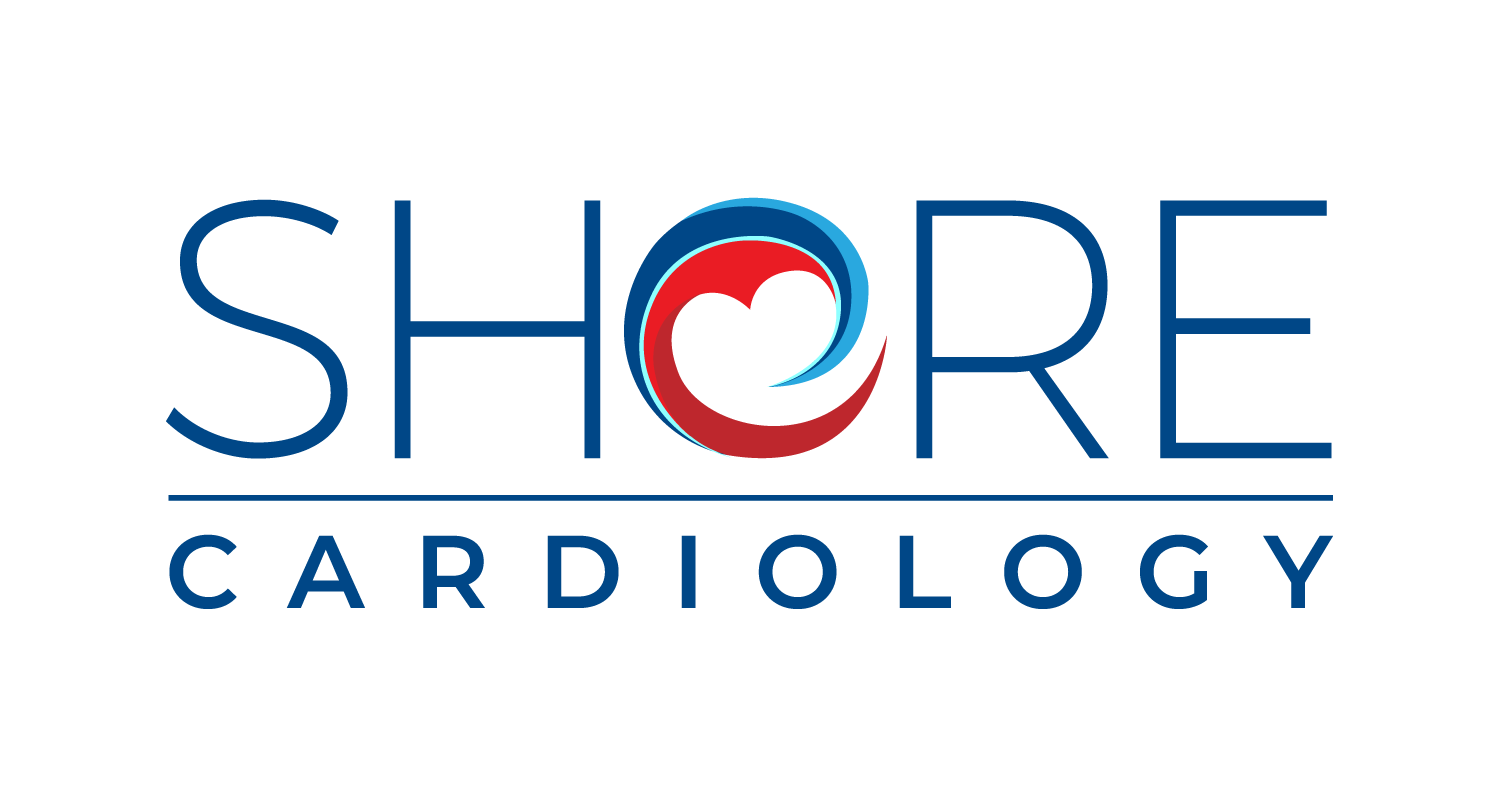Heart Smart Pt 1: Know Your Risk Before Symptoms Start
When it comes to heart disease, early detection can be the difference between a simple lifestyle change and a life-altering event. The problem? Most people don’t realise they’re at risk until it’s too late.
This guide is here to help you get ahead of the curve - starting with understanding your risk factors and the screening tools that can spot heart disease before it becomes a problem.
Why Family History Matters
If someone in your family has had heart disease, especially at a young age, your risk is higher. Genetics play a key role in how cholesterol is handled in the body, how arteries respond to stress, and how likely plaque is to build up over time.
Ask your relatives these questions:
Has anyone had a heart attack, bypass surgery or stents before age 60?
Is there a strong history of high cholesterol or high blood pressure?
Has anyone experienced sudden cardiac death?
If the answer to any of these is yes - it’s worth a chat with your GP or cardiologist about early screening.
The Tools That Can Detect Problems Early
Thankfully, we now have modern screening tests that can reveal your heart’s condition long before symptoms appear. Here’s a quick overview:
Coronary Calcium Score
A non-invasive CT scan that measures the amount of calcified plaque in your coronary arteries. The higher the score, the more plaque - and the higher the risk of future heart problems. It’s quick, low radiation, and doesn’t require contrast dye.
CT Coronary Angiogram (CTCA)
This scan looks directly at your coronary arteries, using contrast to detect both calcified and soft (non-calcified) plaque. It shows if your arteries are narrowed - even if you haven’t had chest pain.
Lipoprotein(a) - or Lp(a)
A blood test that checks for a genetic cholesterol particle that increases heart risk, even when your “regular” cholesterol is normal. Elevated Lp(a) levels are now included in European Society of Cardiology guidelines as a key risk factor.
Stress Testing
While less useful for early risk detection, a stress test can still be important if you’ve already had symptoms like chest tightness or breathlessness. It helps assess how your heart performs under pressure.
Who Should Consider Early Assessment?
Early heart screening isn’t just for people over 60. You should consider it if:
You have a family history of early heart disease
Your cholesterol or blood pressure is elevated
You have diabetes or metabolic syndrome
You’re over 40 and want peace of mind
At Shore Cardiology, we specialise in early detection - helping you understand your risk and create a personalised prevention plan.
Coming up next in the Heart Smart series:
Inside the Arteries - CTCA, Calcium Score & Lp(a)
We’ll break down what these tests actually show, and how to choose the right one for you.

